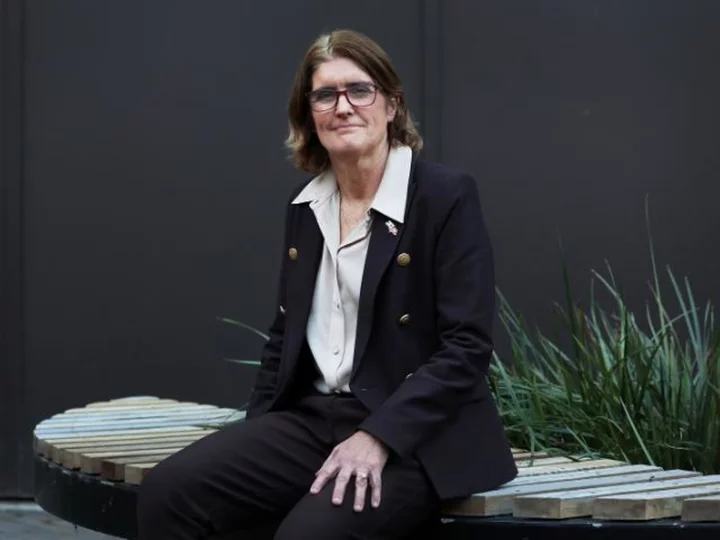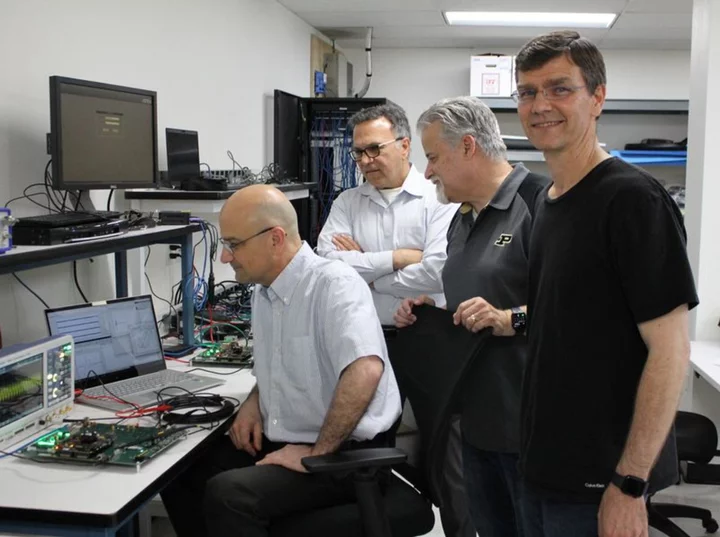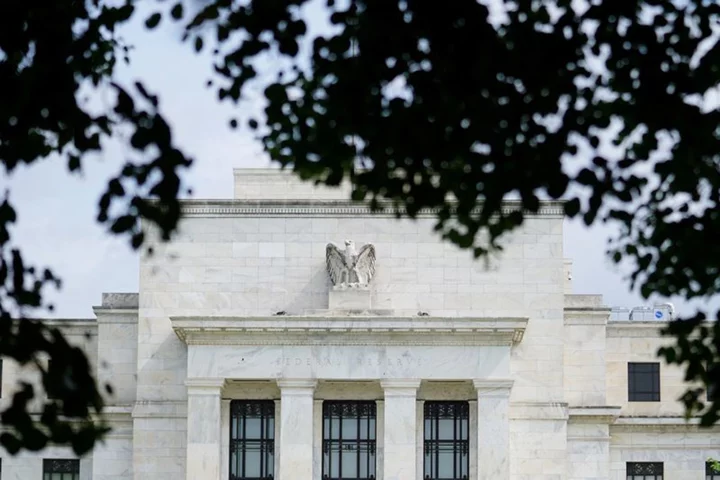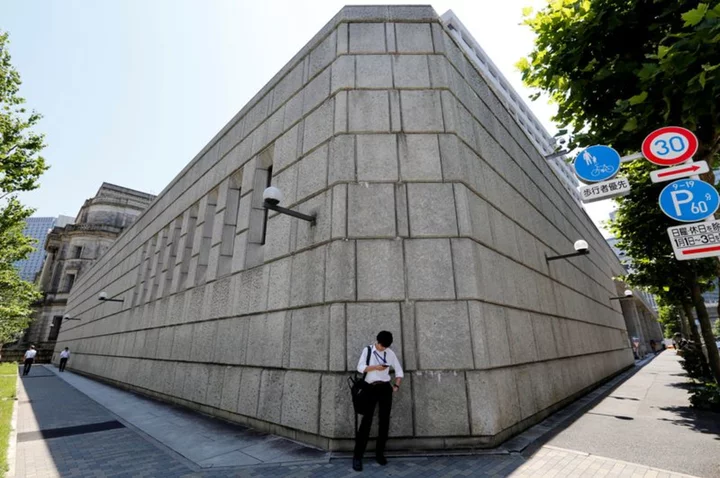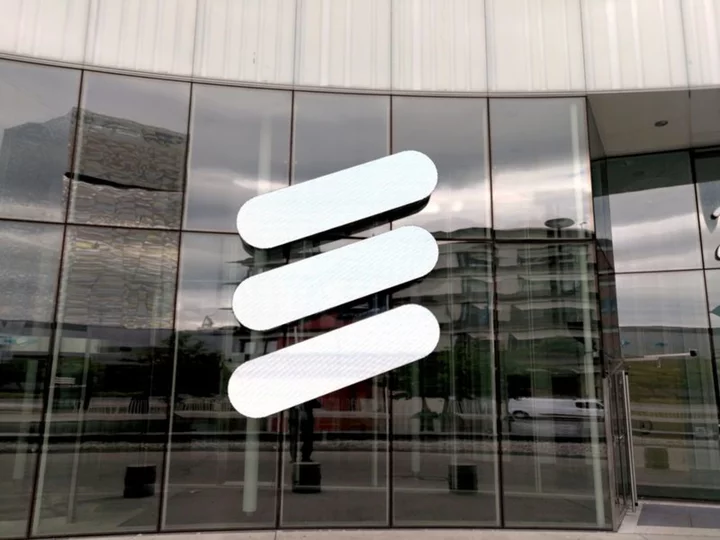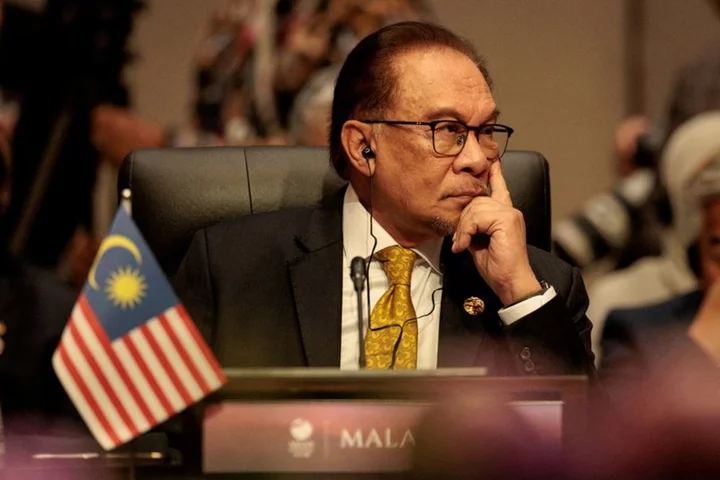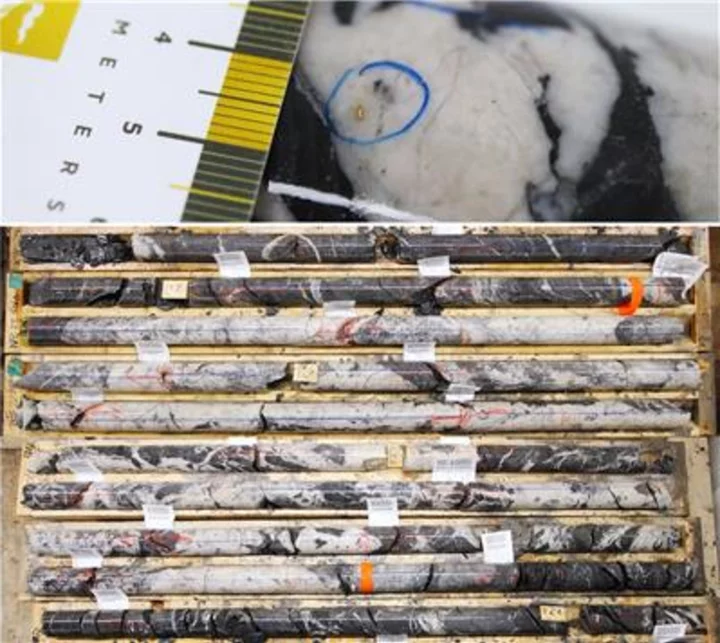Australia's new central bank chief, Michele Bullock, took the helm Monday after a firestorm of criticism over rising living costs engulfed the tenure of her predecessor.
Bullock, the first woman in the role, was appointed governor of the Reserve Bank of Australia (RBA) in July, taking over from Philip Lowe, who stepped down after completing a seven-year term that was, unusually, not extended.
He had been facing calls for his resignation in recent months following condemnation from the public who accused him of misleading them about future increases in borrowing costs.
Bullock takes the reins with the bank under pressure to overhaul its hierarchical culture following a government review, and to bring down inflation.
Shane Oliver, head of investment strategy and chief economist at AMP, an Australian financial services provider, said he viewed her appointment as "good news," particularly since the RBA had successfully addressed issues such as unemployment.
"There had been a lot of debate in the run-up to the change that maybe [an] outsider would be appointed, but I don't think that would've been justified," he told CNN.
Bullock joined the bank full time in 1985 shortly after graduating from university.
An unexpected appointment
She wasn't supposed to be in the top job quite so soon.
Lowe, who like Bullock had also spent decades at the bank, was expected to serve another term, until he was derailed by a cost of living crisis, according to Oliver.
In 2021, the former central bank chief said the cash rate — the main interest rate that influences all others in the country — may not rise until 2024, based on economic conditions at the time and RBA forecasts.
However — following Russia's invasion of Ukraine in February 2022, which pushed up inflation around the world — the central bank went on to raise rates 12 times from May 2022 to the present, a record run.
That startled some observers and sparked public anger, particularly for many Australians who took out loans or mortgages believing borrowing costs would remain low.
The hikes created headaches for households. Many consumers reported difficulties in being able to keep up with costs and were forced to cut back on spending, RBA officials acknowledged in a February speech.
Cost-of-living crisis
For months, higher costs of living have dominated headlines in Australia, with local media pointing to a record number of people working multiple jobs.
At a parliamentary hearing in February, Senator Nick McKim told Lowe that he had "induced people into taking on record levels of debt by saying that interest rates were unlikely to increase until 2024."
"Can you explain to the renters and mortgage holders of Australia why you still deserve to hold your job?" McKim asked.
Lowe responded that he intended to complete his term and noted that the bank's decisions were collectively "made by a board of nine people."
"It's not just me," he said.
"Raising interest rates is never popular, but I think given the circumstances, the Reserve Bank had to do something," noted Oliver.
Like other advanced economies, Australia saw a big jump in inflation in recent years, and rate hikes were deemed necessary to help curb inflation, he added.
Australian inflation has declined from 7.8% for the quarter ended December to 6% for the quarter ended June.
While the June rate is far above the official target of 2% to 3%, "I think they have had success in bringing inflation down, and demand in the economy is cooling as well," Oliver told CNN.
For comparison, inflation in the United States and Europe was 3.7% and 5.3%, respectively, in August.
A new chapter?
Within the bank, Lowe also faced questions about the culture he'd fostered since taking over in 2016.
Earlier this year, the RBA faced a government review into its practices and performance, which found that it was impaired by "a hierarchical culture, which can slow down decision making and limit sensible delegation."
"This has resulted in some staff feeling disempowered," the government review panel said in a report. "Accountability for leadership performance and processes for upwards feedback are not sufficiently robust or well embedded."
Bullock, as an insider who most recently served as its deputy governor, is now expected to face some of the same challenges.
She was "around the table" when previous decisions were made, so there may not be huge differences in her approach, Oliver said.
And overall, "inflation is still too high," Lowe said earlier this month.
Should prices fall more slowly than expected, the central bank would face similar pressure to raise rates, Oliver predicted.
— Hilary Whiteman contributed to this report.

